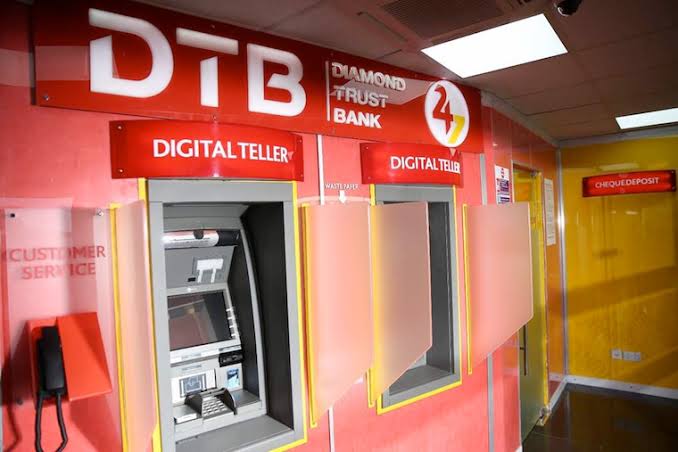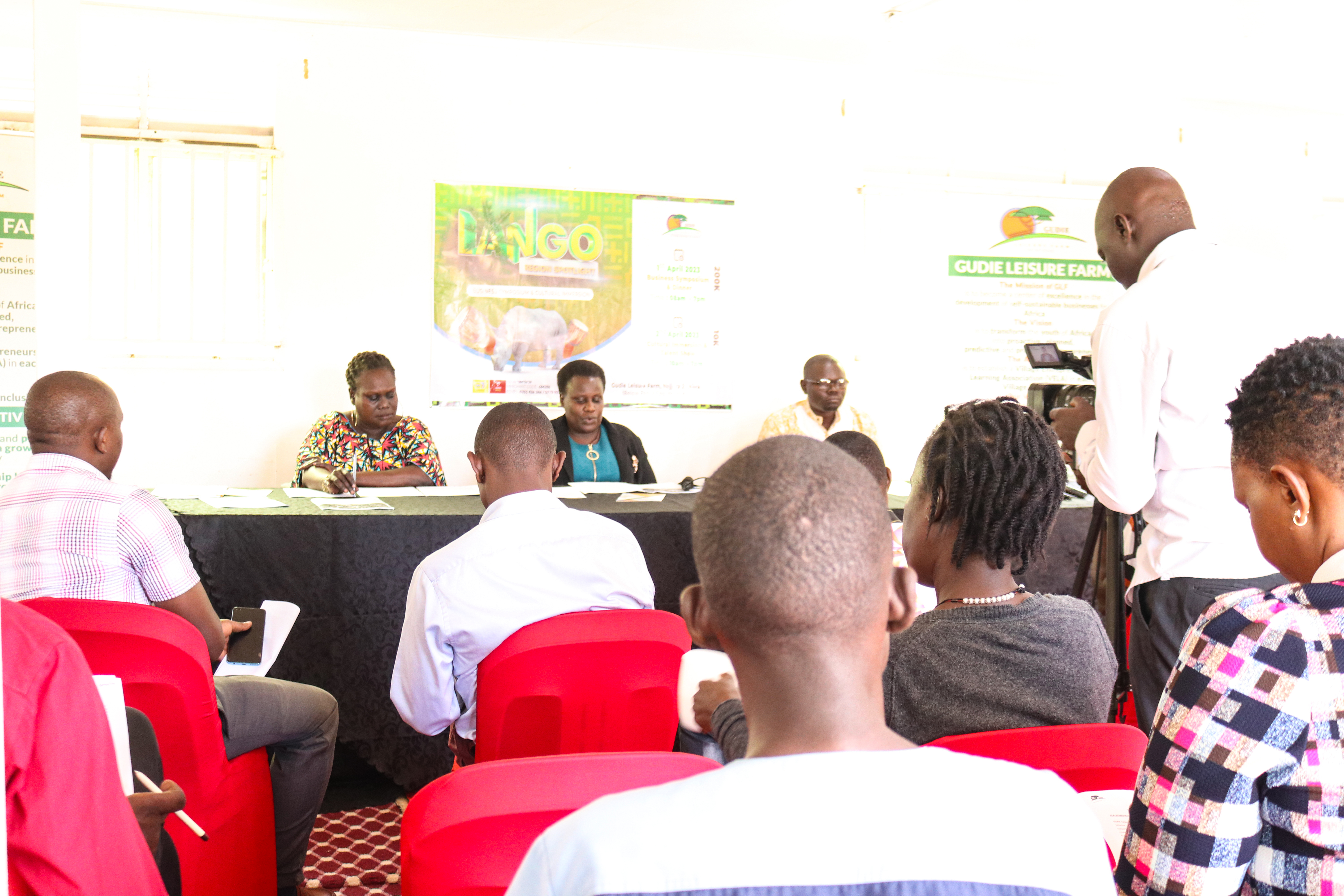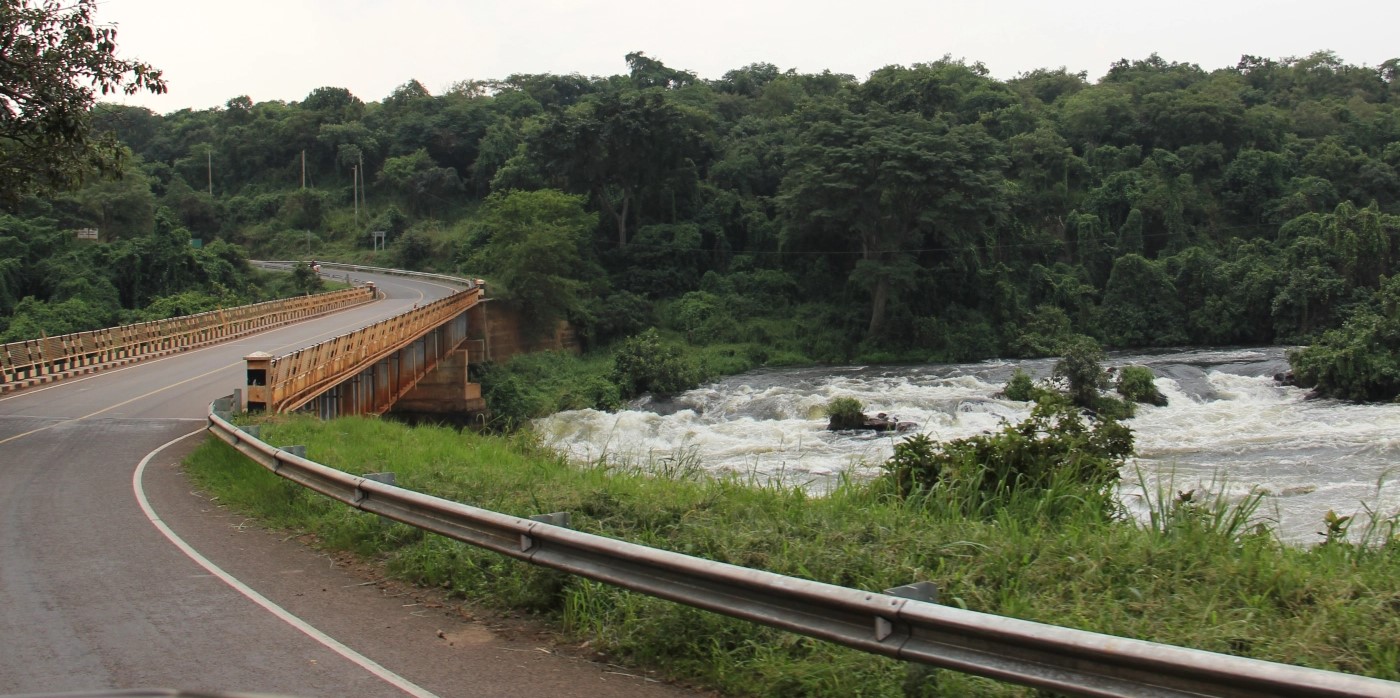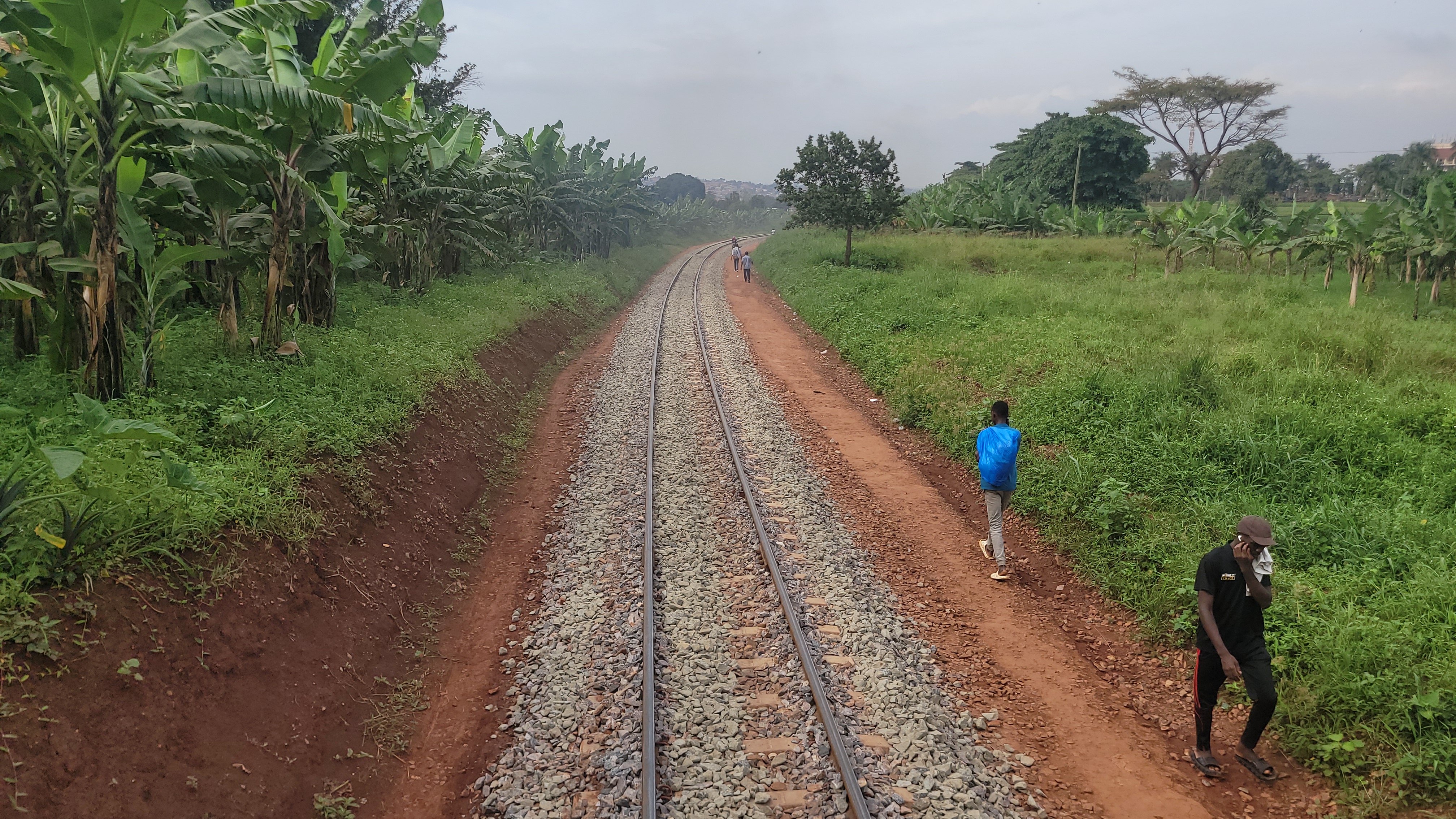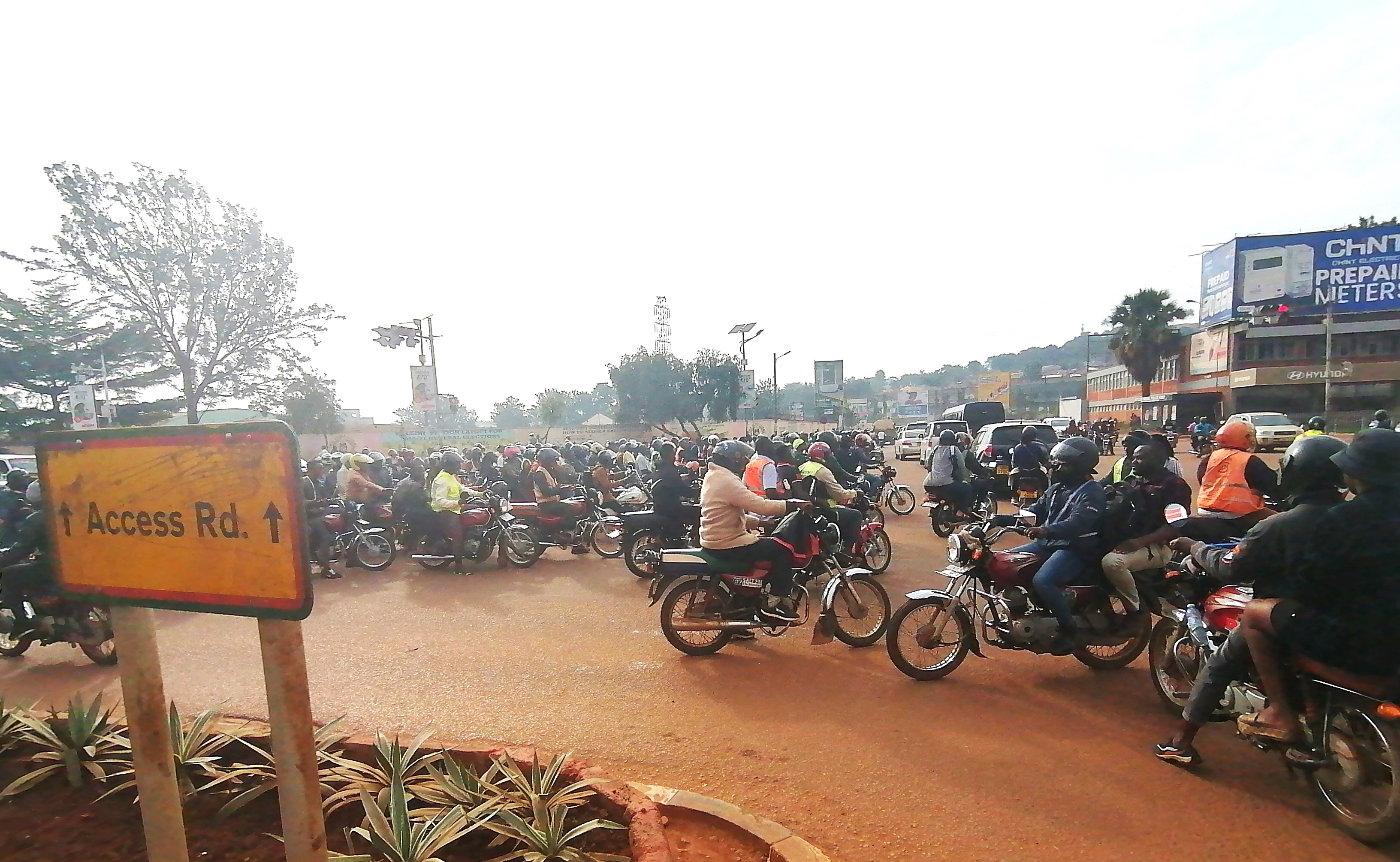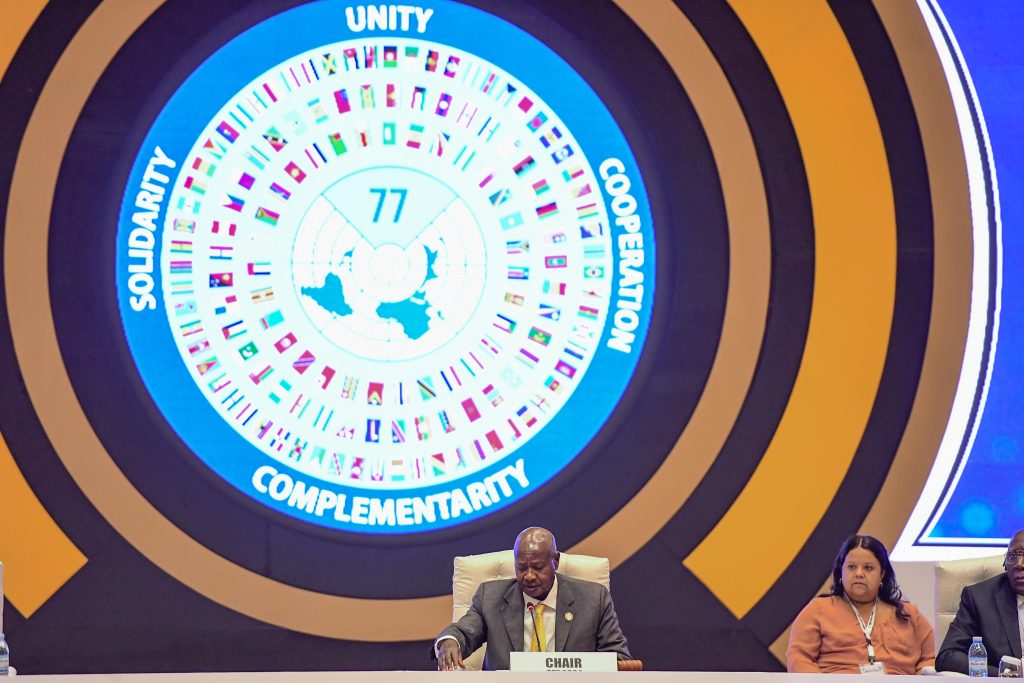Uganda’s SGR project given to Turkish company

An electric train being used on the SGR in Tanzania. The passenger train has a maximum speed of 160km per hour. NET PHOTO
The Government of Uganda is set to officially hand over the construction of the Standard Gauge Railway (SGR) project to a Turkish company, following the signing of the $3 billion contract.
Preparations are underway for President Yoweri Museveni to officially commission the project in Tororo soon. Gen. Katumba Wamala, the Works and transport minister, said Yapi Merkezi is to undertake the 272km project for a period of four years.
He expressed confidence in collaborating with Yapi Merkezi, in joint venture with YM Global Ltd, for the strategically important project for the region as it would connect Uganda and Kenya, enhancing regional trade and economic integration.
- However, he wants the company to ensure that the project’s Local Content Strategy is adhered to in a bid to ensure that local capacity is enhanced and that Ugandans benefit from the project right from the start. The Government has earmarked at least 40% of the contract value for local suppliers.
The SGR is expected to accommodate passenger trains traveling at 160 kilometres per hour and cargo trains traveling at 120 kilometres per hour - faster than a standard saloon car.
The Malaba-Kampala project entails the design, construction, and supply of rail vehicles for a standard gauge railway that meets European and American standards, with full electrification, as well as two major stations, four medium stations, one marshalling yard, and three freight terminals.
- It is Uganda’s first phase of the East African Railway Master Plan, connecting Uganda to neighboring countries including Kenya, DR Congo, South Sudan and Rwanda. Currently, the cost of transporting a container from Mombasa to Kampala is at about $5,000, but the SGR would bring that down to $1,500.
 Dr Erdem Arioglu (L), the Yapi Merkezi Vice Chairman. and Waiswa Bageya, the PS at the Ministry of Works and Transport, show off the signed documents, as Perez Wamburu, the SGR Uganda project coordinator, looks on.
Dr Erdem Arioglu (L), the Yapi Merkezi Vice Chairman. and Waiswa Bageya, the PS at the Ministry of Works and Transport, show off the signed documents, as Perez Wamburu, the SGR Uganda project coordinator, looks on. Funding has been provided by the Standard Chartered Plc of the United Kingdom. “Yapi Merkezi has leveraged its extensive expertise in railway engineering to provide the most suitable engineering solutions for this project,” said Dr Erdem Arioglu, the company’s Vice Chairman.
The Malaba-Kampala section stretches from the border town of Malaba, through Tororo and Jinja, to the capital Kampala. Following the completion of the Naivasha-Malaba Railway in Kenya, Uganda is desperate to do its part to connect the country to the Port of Mombasa on the Indian Ocean.
Additionally, the Kampala-Kasese (Western Route) project, for which Yapi Merkezi has also signed a Memorandum of Understanding, will provide the Democratic Republic of the Congo with rail access to the Port of Mombasa.
In January last year, the Ugandan government terminated the contract that it had signed with China Harbour Engineering Company (CHEC) to build the Kampala–Malaba section, on account of "failure to execute" for eight consecutive years.
- However, concern persists in regard to the clearance of the right of way as many of the land owners are yet to be compensated. To date, only 150km of land out of the 272km (about 54%) of the Right of Way from Malaba-Kampala has been acquired.
- Established in 1965, Yapi Merkezi has undertaken giant projects worldwide. As of 2021, the company had completed more than 62 railway projects totaling more than 4,000 kilometers on three continents, providing safe transportation to 3.5 million passengers daily around the world.
The company has field offices in several African countries, with projects in Tanzania, Ethiopia, Senegal, Zambia, Algeria, Morocco, and Sudan.
In Tanzania, Yapi Merkezi is undertaking a 165km SGR project, which entails maintenance workshops and depot areas, the Railway Institute, signaling, telecommunications and electrification works.



